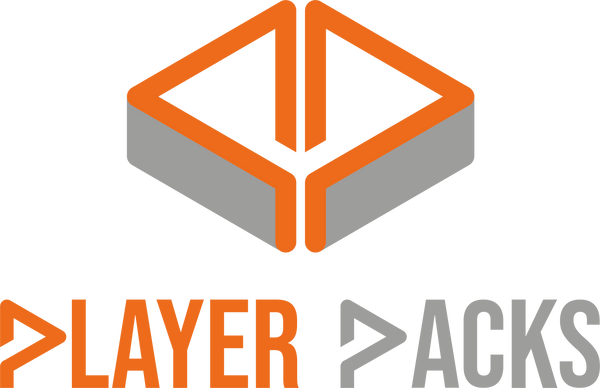Engaging in sporting activities is an excellent way to stay fit, challenge yourself, and enjoy the thrill of competition. However, athletes and fitness enthusiasts often overlook the importance of recovery in their training routines. Proper recovery is crucial for optimising performance, preventing injuries, and maintaining long-term athletic success. In this blog, we will explore the best ways to recover from sporting activity, enabling you to enhance your performance and achieve your fitness goals.
- Rest and Sleep:
Rest and sleep are paramount to effective recovery. During physical activity, the body experiences muscle fatigue, micro-tears, and the depletion of energy stores. Adequate rest allows the body to repair and rebuild these tissues, replenish energy levels, and restore overall balance. Aim for 7-9 hours of quality sleep per night and schedule rest days to avoid overtraining.
- Nutrition and Hydration:
Proper nutrition plays a vital role in recovery. Consuming a well-balanced diet that includes lean proteins, complex carbohydrates, healthy fats, and an array of fruits and vegetables supports muscle repair, reduces inflammation, and replenishes glycogen stores. Additionally, staying hydrated is crucial for optimal performance and recovery. Drink water before, during, and after exercise to replace fluids lost through sweat.
- Active Recovery:
Active recovery involves engaging in low-intensity exercises or activities that promote blood flow, reduce muscle soreness, and aid in the removal of metabolic waste products. Examples of active recovery include light jogging, swimming, cycling, or practicing yoga. These activities stimulate circulation, help flush out lactic acid, and enhance overall recovery without placing excessive stress on the body.
- Stretching and Mobility:
Stretching and mobility exercises are essential for maintaining flexibility, preventing muscle imbalances, and reducing the risk of injury. Incorporate dynamic stretches before workouts to prepare the muscles and static stretches after exercise to improve flexibility and promote recovery. Additionally, foam rolling and using mobility tools can help release muscle tension and increase joint range of motion.
- Cold and Heat Therapy:
Cold therapy, such as ice baths or cold showers, can be beneficial for reducing inflammation, minimising muscle soreness, and accelerating recovery. Applying cold packs to specific areas of the body can also help manage localised pain or swelling. On the other hand, heat therapy, such as hot baths or heating pads, can increase blood flow, relax muscles, and promote healing. Alternate between cold and heat therapy based on your specific needs.
- Massage and Bodywork:
Massage therapy and bodywork techniques, such as deep tissue massage, sports massage, or trigger point therapy, can alleviate muscle tension, improve circulation, and enhance recovery. These therapies help reduce scar tissue, release knots, and improve overall muscle function. Consider scheduling regular sessions with a qualified therapist to support your recovery process.
- Mind-Body Techniques:
Recovery is not limited to the physical aspects; mental well-being is equally important. Incorporating mind-body techniques such as meditation, deep breathing exercises, and mindfulness can aid in stress reduction, improve sleep quality, and enhance overall recovery. Engaging in activities that bring you joy and relaxation can also contribute to mental rejuvenation.
Incorporating these best practices into your recovery routine will undoubtedly help you maximise your sporting performance and prevent injuries. Remember, recovery is an essential part of the training process, and neglecting it can lead to decreased performance, increased fatigue, and a higher risk of overuse injuries. Prioritise your well-being, listen to your body, and establish a recovery plan that works best for you. By doing so, you'll be able to excel in your sporting endeavours while maintaining a healthy, balanced lifestyle.
Some of our supplement products may help your recovery, check them out here.

